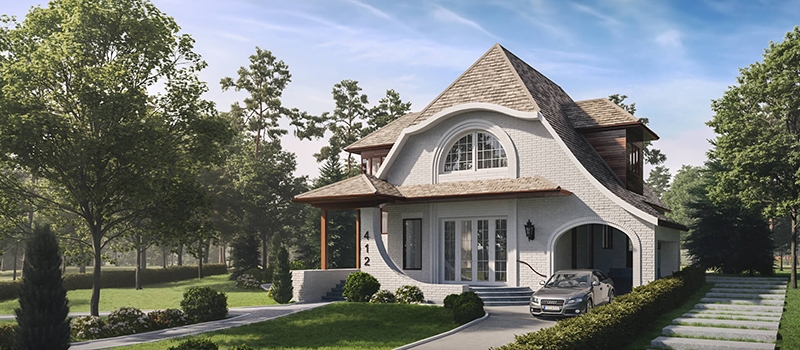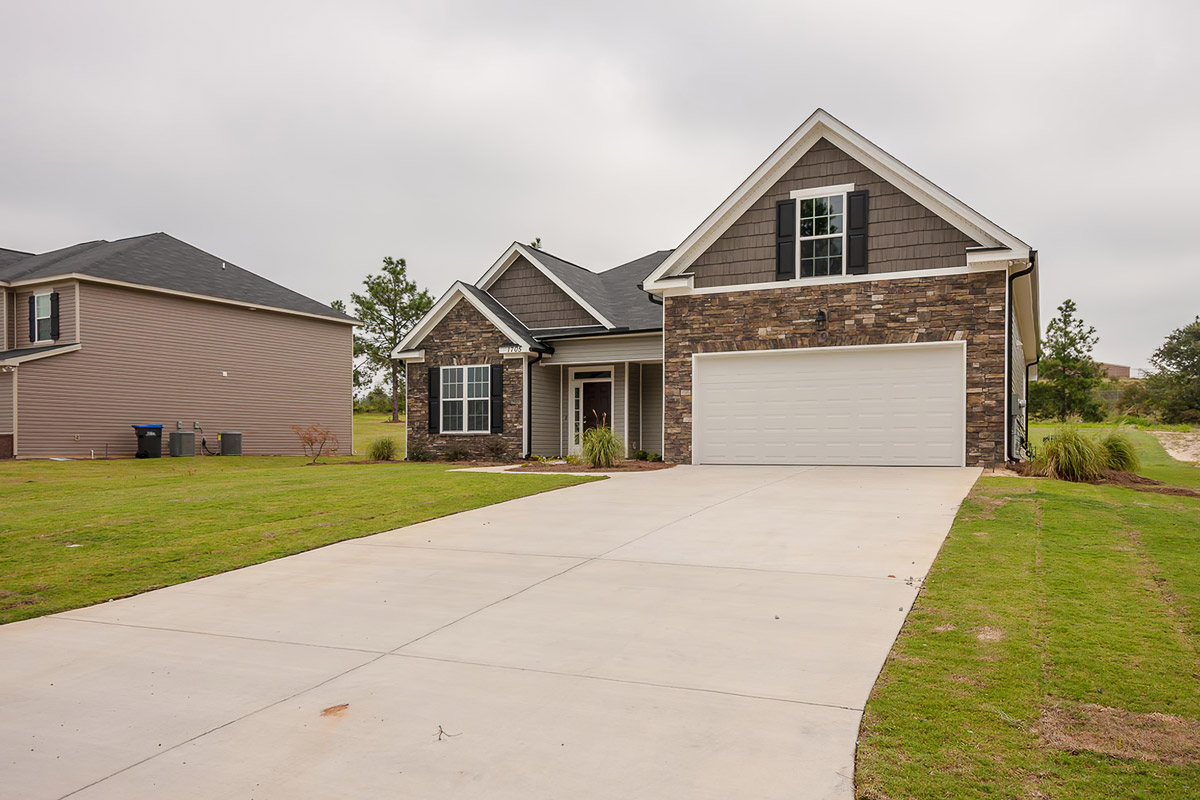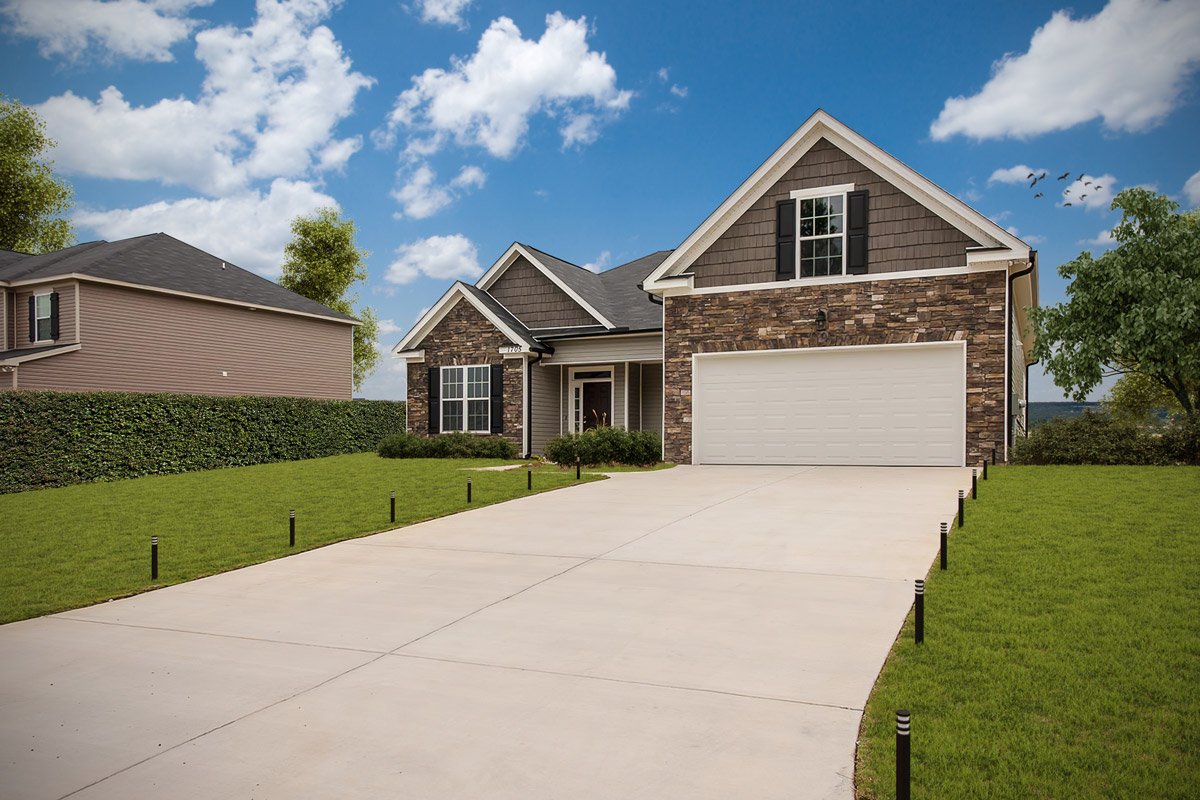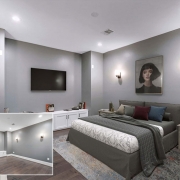
The National Association of Realtors 2018 Member Report states that there are over 1.3M realtors in the USA. It’s a 6% increase compared to 2017. In order to stay far enough ahead, keeping up with real estate market trends is a must. For example, realtors dealing with housing flipping should take into account not just hardcore investors but small ones who aim at starter-home tier. This group is more numerous, and potentially may bring more income to the agencies. And this is only one of the multiple prognoses for real estate sector in the next year.
So, what real estate market trends will be in 2020? What are the main directions that will define the industry’s development? Why did virtual staging become the hot trend of real estate promo? Keep on reading to be able to align marketing strategies with them and, thus, stay at the top of the game.
#1. Home Equity Boost

In the first quarter of 2019, increasing employment rates and economic growth lead to mind-blowing $15.8 trillion in home equity nationwide. Herewith, the average equity per borrower rose to about $171K compared to $75K a decade ago.
Moreover, the expansion provided more than 20M jobs, augmented family wealth and revamped the confidence of customers. The mortgage rate, which is lower than 5% prolonged for 60 years, has also contributed to the increase of the homeowners’ number.
Therefore, the market has undergone a revival in home sales, construction, costs, and home equity boost. According to the CoreLogic prediction of real estate market trends, even slowly increasing home prices do not stop the tendency.
#2. House Flipping is at Scale
Over the last decade, the number of home flippers increased significantly. However, these are not institutional buyers who move the needle but small investors. The latter are more interested in the starter-home tier and dwellings with high rents, which increased by 33% since May 2019.
Real estate market trends show that home investors are buying more as-is properties at lowered costs, investing in the renovation, and then reselling them. That way, the share of homes sales purchased by investors gained its biggest level in two decades.
#3. Millennials’ Impact
People born between 1980 and 1996 are more likely to become new homeowners in 2020 than their predecessors – the baby boomers (born in the 1970-1980s). There are over 74 million Millennials in the United States. Herewith, the average family income of this large cohort is about $100K, as Forbes reports. They are now of age being financially capable of purchasing at least entry-level homes. Besides, in 2018, Millennials constituted 44% of all home-purchase mortgage applications. In the first quarter of 2019, 1.1M new homeowners became the participants of the housing economy. Thus, there’s every reason to believe that this is going to be one of the real estate development trends in 2020.
#4. Competition for Amenities

In a highly competitive environment, property owners, constructors, and landlords are turning to exclusive amenities that will resonate with tenants. Parking or a gym comes “by default”, especially in the downtown. So, they are obliged to look for something unique and valuable.
In 2019, anyone could have noticed such property developments as movie theaters, pools, dog runs, communal gardens, etc. Additionally, add-on services, such as laundry pick up, also added to the deals. The fiercer the competition is, the pickier the client is. That’s why such an approach might also join the list of real estate market trends.
#5. Virtual Staging and AR
Technology use will also define who is going to have a competitive edge in the industry. At present, a lot of real estate agencies apply artificial intelligence on their online home selling platforms and apps. It is supposed to bring about the best customer experience to potential buyers.
Thus, nowadays virtual staging is in high demand and promises to gain momentum in the coming year. The technology allows virtually staging living and commercial spaces, altering and customizing layouts and designs. Moreover, it also includes virtual landscaping, which means designing digitally the area around the home. That way, buyers see multiple interior and exterior variations of the home and make more informed purchases.
Additionally, the technology suggests 360-degree view tours. The platform’s visitors walk virtually around the dwelling and assess its every corner while being at home or elsewhere. The approach helps inspect the space before the showing. As for real estate agents, they save significantly on physical staging and expenses associated.
According to these real estate market trends, 2020 is going to be positive for the industry. The conditions are favorable for the agents to succeed – the purchasing power of the biggest part of the society and government concessions contribute to it naturally. The only question is whether the marketing strategies and selling channels will be effective enough to draw prospects. Largely, it depends on the new ways of spaces presentation, which today implies 3D technology.
Willing to be ahead of the trends and stand out amongst competitors? Go for our virtual staging services to get presentation-wise spaces that will attract buyers like bees on honey.











Leave a Reply
Want to join the discussion?Feel free to contribute!